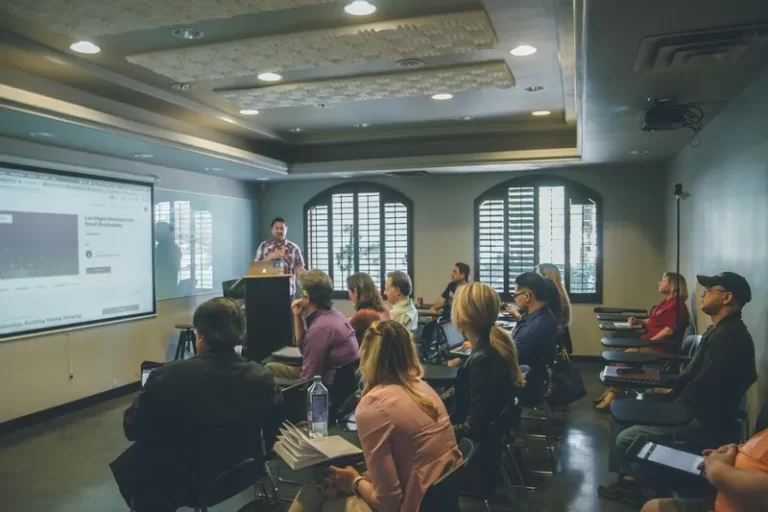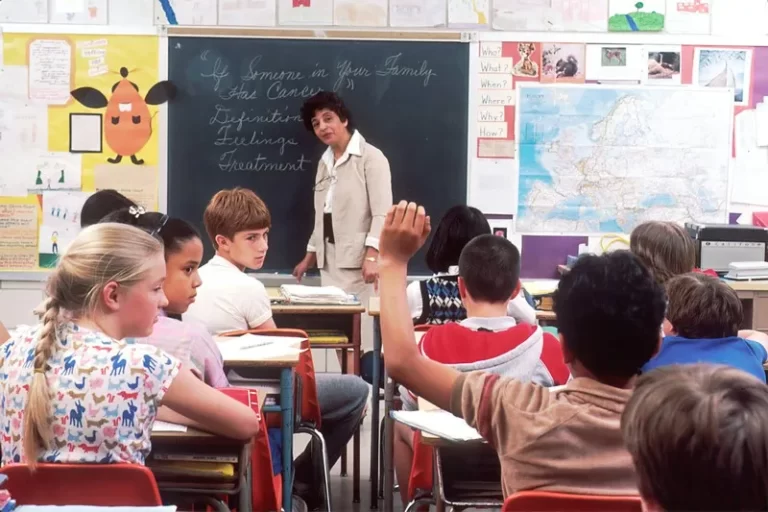
Streaming in Education: An Overview and Explanation
Streaming in education refers to the practice of grouping students based on their perceived academic abilities or performance levels. This blog post explores the historical context, benefits, criticisms, and alternatives to streaming in education. Discover the pros and cons of this educational approach and how it impacts students' opportunities for academic success. Explore alternative approaches such as mixed-ability grouping and differentiated instruction to create more inclusive and equitable education systems. Read more to understand the ongoing debate surrounding streaming in education and its implications for students and society.









